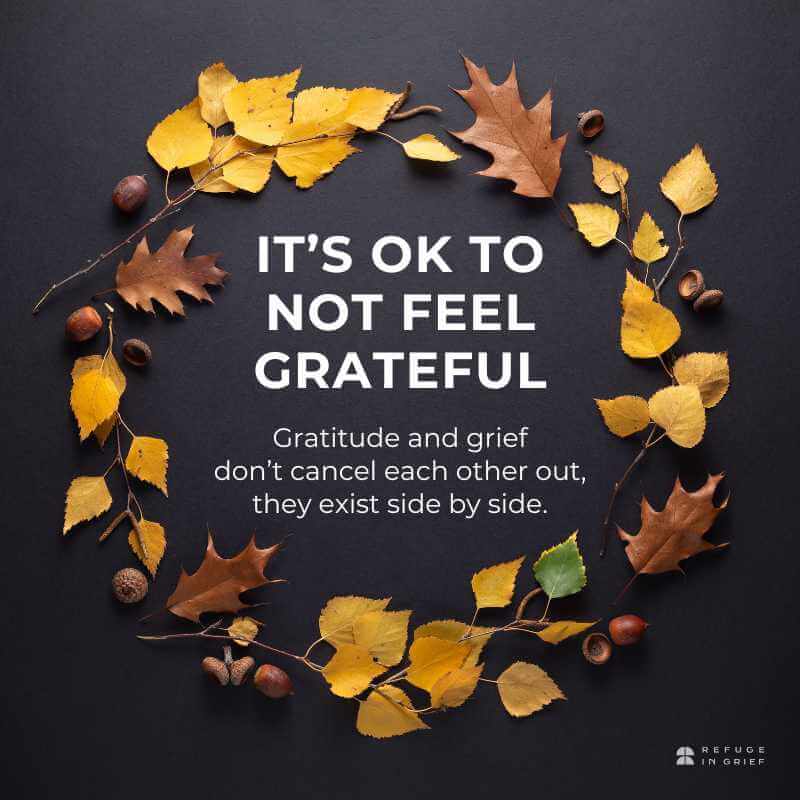does telling the truth about pain mean you’re being too negative?
 My friend Tim Lawrence wrote a post last week that went absolutely crazy online. In it, he rages at the pervasive platitude that everything happens for a reason. What a ridiculous, shame based, reductionist, horrible thing to say to anyone – let alone someone in pain.
My friend Tim Lawrence wrote a post last week that went absolutely crazy online. In it, he rages at the pervasive platitude that everything happens for a reason. What a ridiculous, shame based, reductionist, horrible thing to say to anyone – let alone someone in pain.
The things we do to each other. The things we do, insisting that we’re trying to help.
The responses to Tim’s post have been overwhelmingly positive – from grieving people. In fact, the comments are clearly split into two camps: those in pain (who invariably say “thank you!”) and those on the outside of others’ pain (who invariably call Tim names, or question his intelligence, or point out how unevolved he is).
What gets me about this is that many of the hating comments insist that when they say things like everything happens for a reason, they are only trying to help. They insist that Tim and I are both far too angry, far too incensed at the way grieving people are treated. They insist that he’s negative, that I’m negative, that you’re negative.
Why is it that when we speak the truth about what hurts, we’re deemed angry or too negative or not evolved enough?
We’ve got such a global gag order on telling the truth. We’ve got such resistance to hearing – really hearing – that there is pain in this life that can’t be made better. Some things cannot be fixed, they can only be carried.
When I open a new community space for the writing course, I’m always struck by the number of people who say, “this is the first place I can be completely honest about my grief.” When I talk to a grieving person on the phone, they very often tell me they haven’t found anyone who can really hear what grief is like for them.
Many of you have told me that rather than tell people their words aren’t helpful, you choose to stop speaking all together. When you stop telling the truth because other people don’t like it – that’s a gigantic, un-necessary injustice on top of your pain.
Having your truth dismissed always feels bad. I don’t like it when it’s done to me, and I hate it when it’s done to you. I’m not immune to fits of anger when it comes to this.
Personally, I believe in what the mystics call “holy outrage” – the anger that fuels truth-telling. It’s the anger that points out injustice and silencing, not just to make a scene, but because it knows what true community might be.
Holy outrage means telling the truth, no matter who gets offended by the telling. And equally important, it means doing so in service of more love, more support, more kinship and true connection.
So I’m going to keep on doing what I’m doing, preferring to offend some rather than silence myself. Tim’s going to keep on doing what he’s doing. And you, too: please keep speaking the truth. Telling the truth about what hurts lets others know it’s okay to tell their truth.
Together, we can change this emotionally illiterate, shame-based culture that has so little capacity to say, “I acknowledge your pain. I am here with you.” Together, we can make this life kinder, more compassionate, more gentle, for everyone – the lovers and the haters alike.
I’d love to see you in the writing course – where telling the truth is what we do. Together. Click here to join the current session.
 How about you? What’s your experience around truth-telling, silencing, and holy outrage? Where are the places you get to tell the whole truth of your grief? As always, I love to hear from you.
How about you? What’s your experience around truth-telling, silencing, and holy outrage? Where are the places you get to tell the whole truth of your grief? As always, I love to hear from you.


